This book helps explain how and why there are such diverging outcomes of UN peace negotiations and treaties through a detailed examination of peace processes in the Angolan and Mozambican civil wars. Does it really matter what's written on page 36, protocol V, section III, point 5 of a UN-endorsed peace treaty? Dr. Miranda Ruwart Melcher shows that seemingly small details - such as who wears suits, who has toothbrushes, and how specific words are translated between French and English - can and have delayed peace or contributed to restarting wars. Dr. Melcher uses unique primary source data, including interviews with key actors who have participated in peace treaty negotiations, as well as thousands of previously newly opened UN documents. She argues that treaty specificity is an undervalued - but important - factor in researching the success or failure of peace processes. The book offers new insights and policy recommendations for key details whose presence or absence can have a significant impact on how peace processes unfold.
Hinweis: Dieser Artikel kann nur an eine deutsche Lieferadresse ausgeliefert werden.
Hinweis: Dieser Artikel kann nur an eine deutsche Lieferadresse ausgeliefert werden.

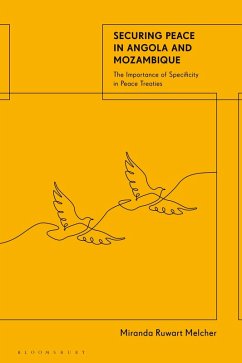
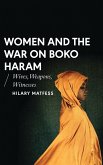
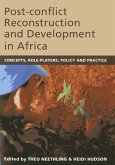
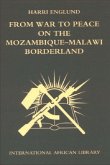
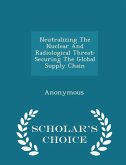

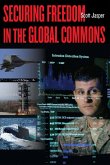
![Speech of the Rt. Hon. William Windham in the House of Commons, May the 26th, 1809 [microform]: on Mr. Curwen's Bill, Speech of the Rt. Hon. William Windham in the House of Commons, May the 26th, 1809 [microform]: on Mr. Curwen's Bill,](https://bilder.buecher.de/produkte/66/66125/66125921m.jpg)